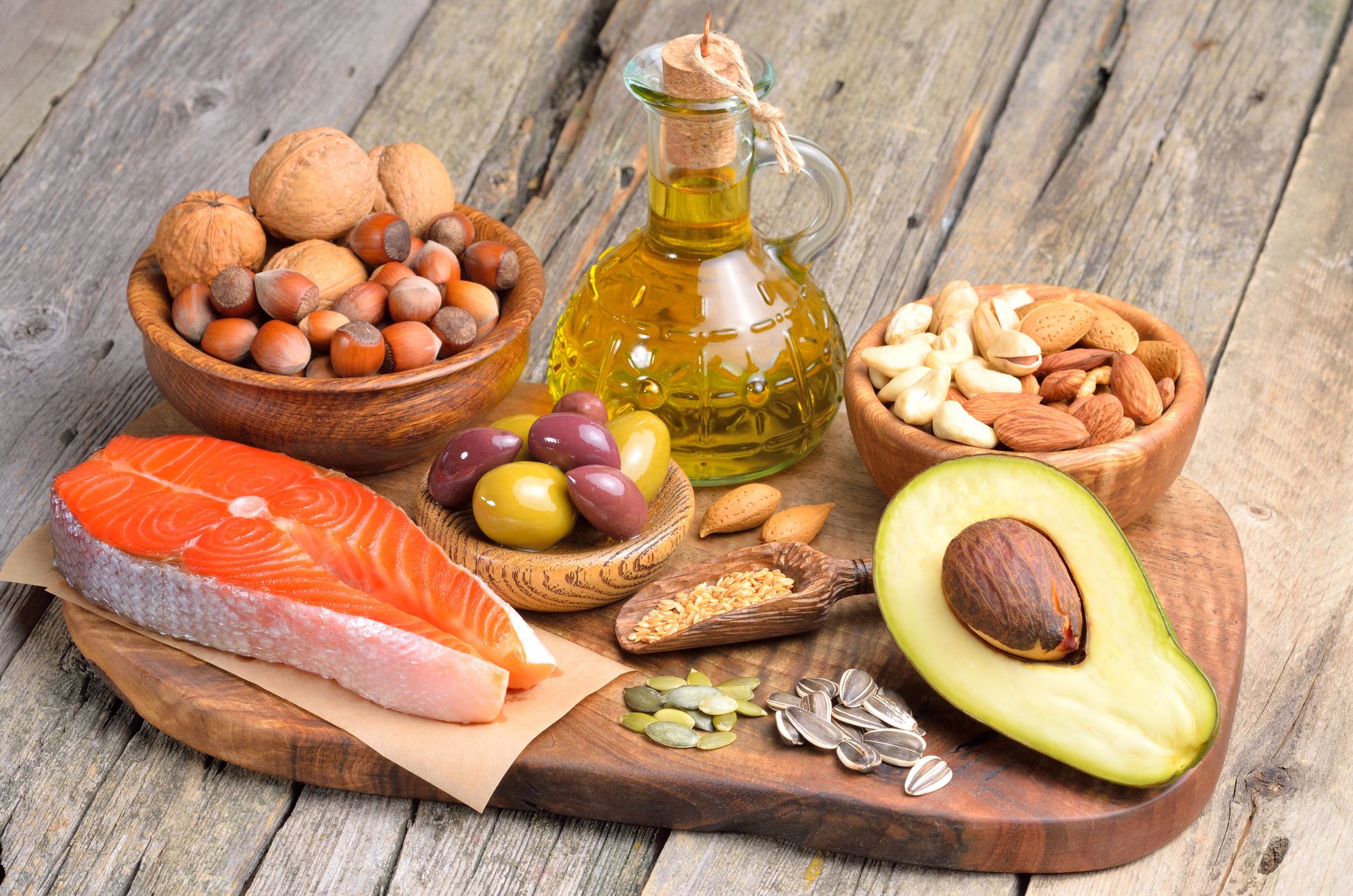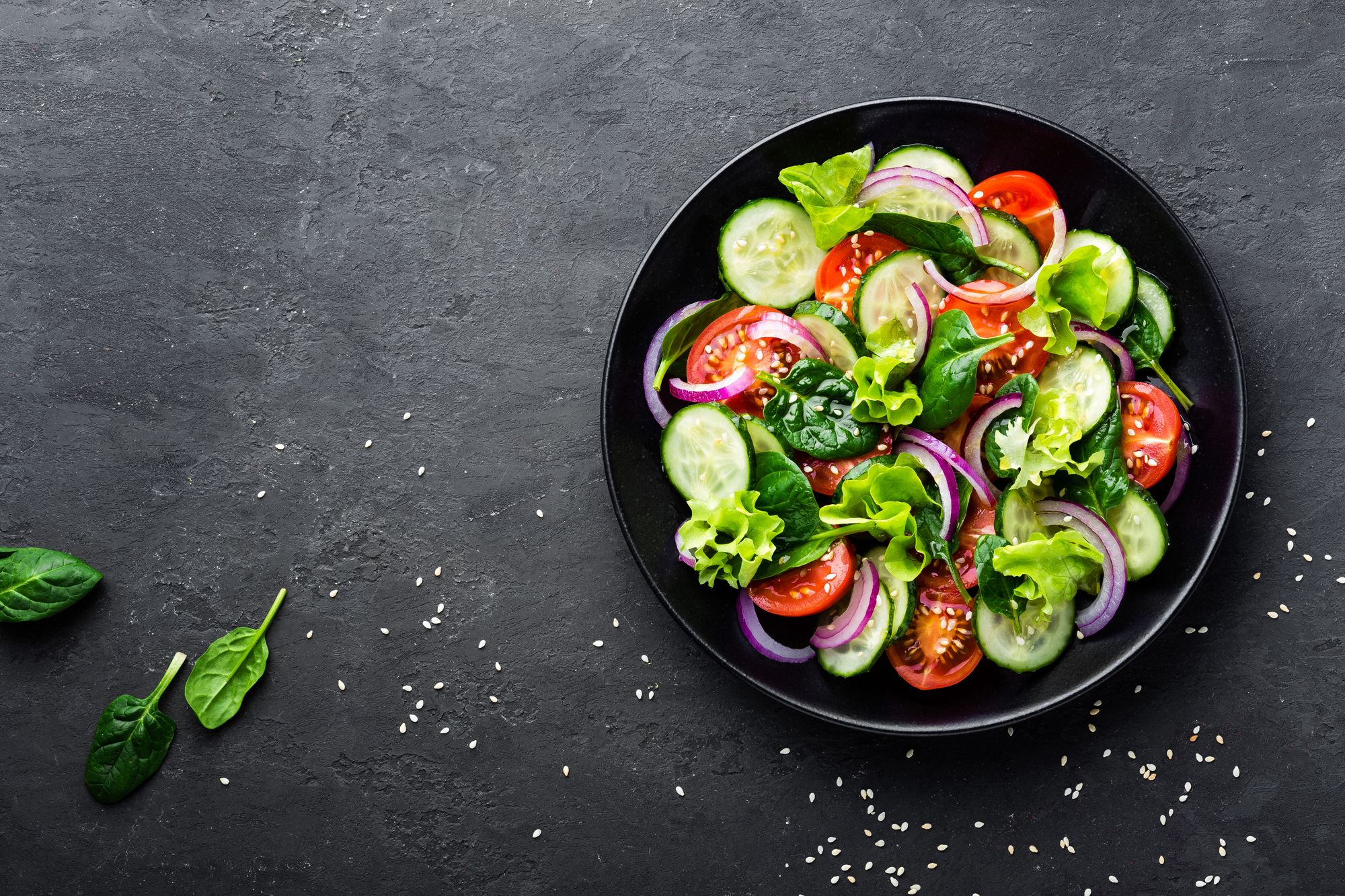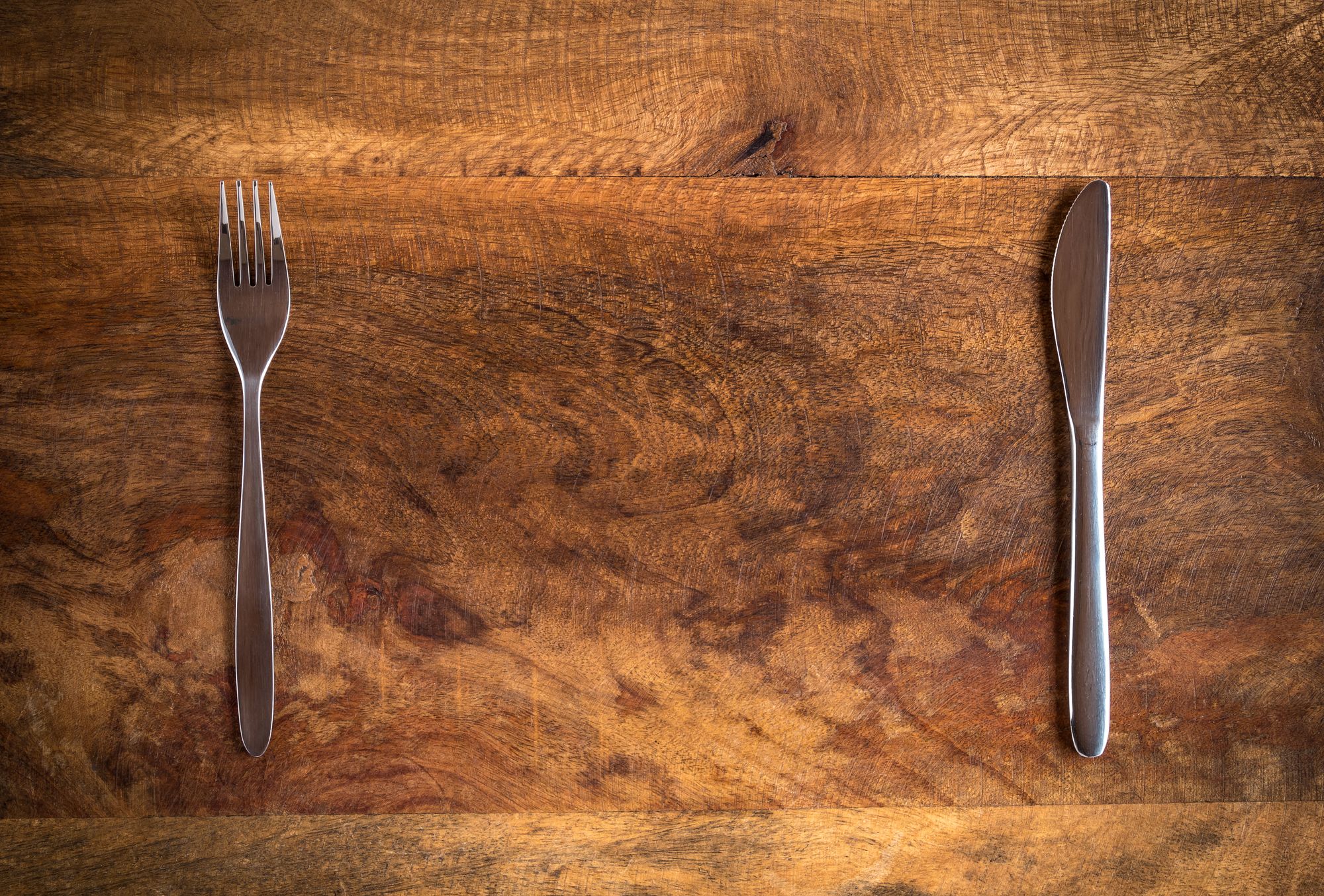Embarking on a weight loss journey can be an emotional and painstaking process. It becomes particularly disheartening when the numbers on the scale increase despite your diligent efforts. Our conversation with experts unveiled a collection of remarkably unexpected habits that can swiftly lead to weight gain. You might be engaging in activities that appear "healthy," but in reality, they are sabotaging your progress towards shedding pounds. Continue reading to discover these covert habits that can stealthily contribute to weight gain.
1) Excessive Sushi Consumption

Indulging in sushi is an undeniable pleasure. Its reputation as a healthy food is well-established. However, here lies the predicament: consuming an abundance of sushi rolls makes it difficult to incorporate an adequate amount of vegetables, fiber that aids in controlling appetite, and protein that provides satiety. Esteemed experts, Tammy Lakatos Shames, RD, CDN, CFT, and Lyssie Lakatos, RD, CDN, CFT—known as The Nutrition Twins®—elucidate this conundrum
According to The Nutrition Twins, a common pattern emerges when individuals increase their sushi intake. They tend to experience post-meal hunger, leading them to consume high-calorie foods. This behavior often stems from a belief that since they had a healthy meal, indulging in calorie-dense options is justifiable. However, it's crucial to note that certain fish, such as tuna and King mackerel, can contain elevated levels of mercury. Consequently, excessive mercury intake may result in inflammation within the body, leading to accelerated weight gain and making weight loss endeavors more challenging.
2) You're Excessively Cautious with your Food Choices.

Although being mindful of your diet is commendable, you may be overly restrictive, leading to a calorie intake below what your body requires. The Nutrition Twins warn that in response to such a caloric deficit, your body adjusts by slowing down your metabolism and burning fewer calories. If you notice sudden weight gain or an unexplained increase, it may be due to a metabolic slowdown.
3) Fragrance Containing Products could be a Culprit.

cts with fragrance. The Nutrition Twins caution that scented body lotions, hair care products, and even cleaning agents often contain phthalates, which disrupt hormones and promote obesity. These chemicals, known as obesogens, can contribute to weight gain. The good news is that you can opt for fragrance-free alternatives in creams, laundry detergents, and cleaning products.
4) Your Sleep Patterns Have Changed.

Adequate and restful sleep is crucial for successful weight loss. Any changes in your sleep habits, such as waking up earlier, sharing a bed with a new pet or partner, or being in a less darkened bedroom, can significantly affect sleep quality. The Nutrition Twins explain that sleep deprivation leads to increased food cravings, especially for quick energy fixes like sugar and refined carbs. This vicious cycle of sugar cravings and energy crashes can contribute to rapid weight gain.
5) Your New Dishes may be a Factor.

Surprisingly, your recently acquired set of dishes might be responsible for your sudden weight gain. The Nutrition Twins reveal that many clients have experienced this phenomenon. If your new plates and glasses are larger, you may unknowingly increase your food portions, resulting in higher caloric intake and quick weight gain—particularly if you consistently use these larger dishes for all your meals at home.
6) Pain Medication can Lead to Constipation-Related Weight Gain.

Taking pain medication frequently leads to constipation as a side effect. This can cause rapid weight gain, as the food you've consumed remains in your system and is included in the scale measurement. The Nutrition Twins explain that the discomfort and weight gain are typically felt in the abdomen. However, once you're able to relieve the constipation, the weight gain can be lost just as quickly.
7) Excessive Consumption of Healthy Fats.

While incorporating healthy fats into your diet is beneficial, overindulging in them can lead to weight gain. Lisa Young, Ph.D., RDN, emphasizes that fats contain more calories per gram compared to protein and carbohydrates. Therefore, excessive calorie intake from healthy fats can contribute to weight gain. Moderation is key when consuming healthy fats.
8) Insufficient Protein in your Salads.

Opting for a fresh vegetable salad is a wise choice, but don't overlook the importance of adding protein. Including protein in every meal is crucial for satiety and weight loss. Lisa Young explains that protein helps you feel full for longer, reducing the likelihood of overeating later in the day. Research indicates that high-protein diets can lead to weight loss and minimize unnecessary snacking.
9)Skipping Meals can Lead to Weight Gain.

Contrary to popular belief, skipping meals can actually result in weight gain. By skipping a meal, you may become hungry later in the day, leading to overcompensation and consuming more calories than you would have with a regular eating pattern. Lisa Young advises against skipping meals, as they play a vital role in maintaining a balanced and healthy diet.

